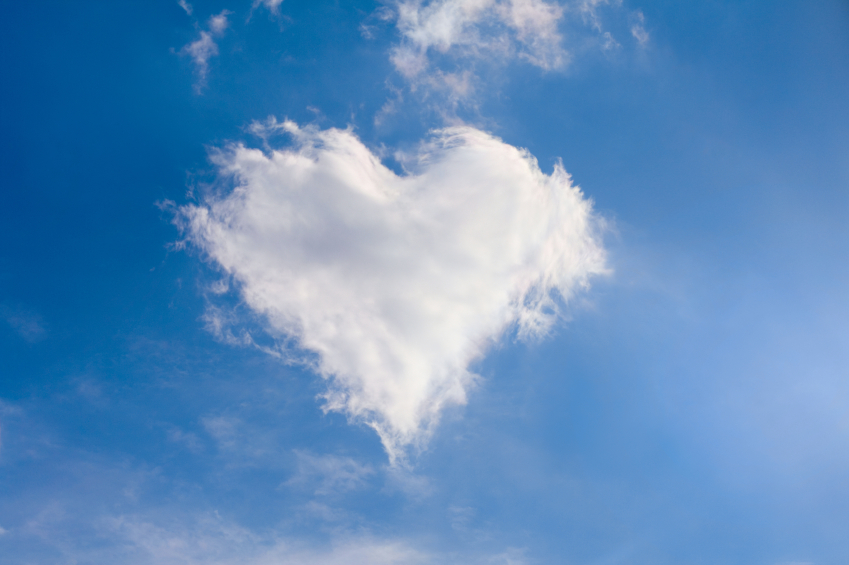When I was Chief Rabbi, each year before Rosh Hashanah I used to make a television film for the BBC. It was an interesting challenge. 99.5 per cent of the viewers were not Jewish. Jews are only half a per cent of the population of Britain. Besides which, many, even most of them weren’t religious believers at all. Britain is quite a secular society. So how do you explain to a non Jewish non religious audience what teshuvah is?
It occurred to me that one dramatic way of doing so was thinking about addiction. After all, to cure an addiction you have to go through most of the stages of teshuvah. You have to recognise that taking drugs is wrong: what we call charatah. You have to undertake to act differently in future: what we call shinui maaseh. And we have to be able to resist temptation when it comes our way again: what Maimonides defined as teshuvah gemurah, complete repentance.
So I spent a day at a rehabilitation centre for heroin addicts. I found it incredibly moving. Here were kids, 16 to 18 years old. Most of them came from broken homes. Some had suffered abuse when young, others simply neglect. They’d had a terrible past. Trouble was, by seeking refuge in drugs they were going to have an even more terrible future.
The people running the centre were amazing, and they were changing lives. But to me the most remarkable moment happened while I was speaking to the head of the centre, a young woman with, I remember, pink hair and punk clothes. Yet when she spoke Shekhinah medaberet tokh gronah, it was as if I were hearing the Divine presence.
I asked her what it was that the centre did for the young addicts that helped them change their lives. She replied: this is the first place they’ve been to that offers them unconditional love. Then she said: We are the first people they’ve met who care enough about them to say No.
When I heard those two sentences I realised that is what God does for us this time of the year. We are sin addicts. We do things we know we shouldn’t, whether it’s taking drugs, or taking liberties, or not respecting others, or blaming someone else when we should be blaming ourselves. Whatever.
We could carry on like this forever, harming others but most of all harming ourselves, were it not for Rosh Hashanah and Yom Kippur calling us to account. That’s when, if we open our hearts, we encounter God offering us unconditional love, but caring about us enough to say, No.
